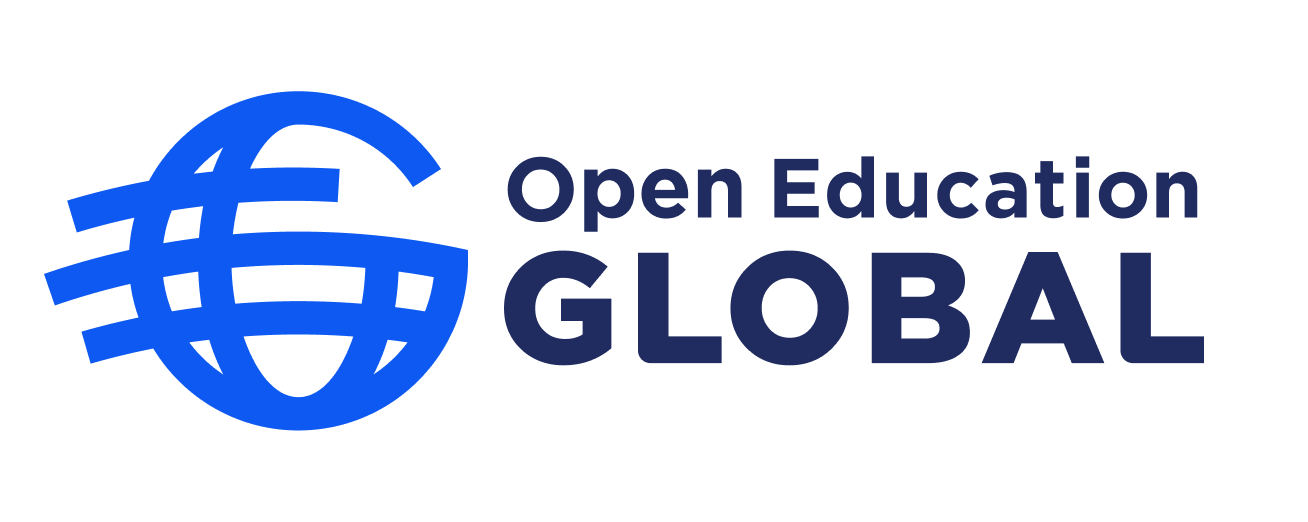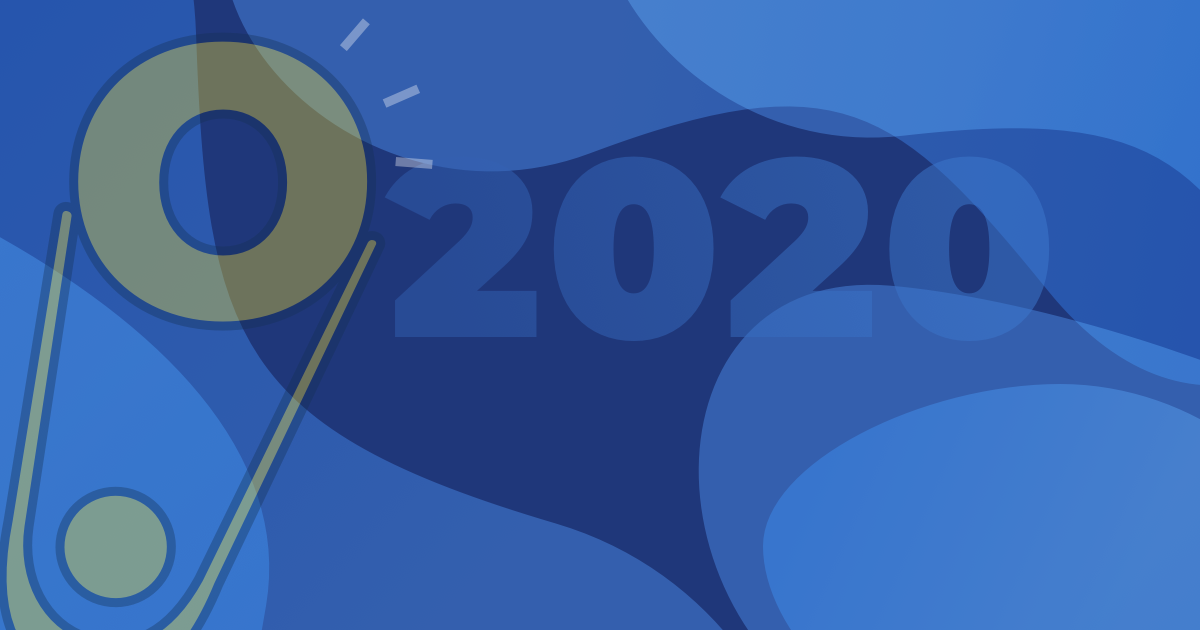
The Open Education Awards for Excellence provide an annual recognition to outstanding contributions in the Open Education community. The awards are presented by the Open Education Global Board of Directors to recognize truly exceptional work and dedication to Open Education.
Join us in congratulating the following 2020 OPEN ASSETS, OPEN PRACTICES, and SPECIAL AWARD winners:
OPEN ASSETS AWARDS, What we share
Open assets are what open education initiatives produce and use, tangible goods (usually digital) with educational purpose and value. Open assets are produced, curated, and distributed in ways that make them freely accessible, usable, and improvable by others.
BEST OER: Open RN Nursing Pharmacology textbook
Institution: Chippewa Valley Technical College, Eau Claire, United States
OPEN CURATION / REPOSITORY: Repositorio Latinoamericano de Convocatorias Educativas
Institution: RELACE, Monterrey, Mexico
OPEN REUSE / REMIX / ADAPTATION: The OER Starter Kit Workbook
Institution: Lehman College, Bronx, United States
BEST OPEN TOOL: Manifold Scholar
Institution: City University of New York, New York, United States
OPEN PRACTICES AWARDS, How we share it
Open Practices are collective behaviors and techniques that open up access to educational opportunities. These practices promote and support the use of open educational resources, technologies and social networks to facilitate collaborative and flexible teaching and learning.
OPEN PEDAGOGY: United Nations Sustainable Development Goals Open Pedagogy Fellowship
Institution: Montgomery College, Rockville, Maryland, United States
OPEN COLLABORATION: Open Education for a Better World (OE4BW)
Institution: University of Nova Gorica and UNESCO Chair on Open Technologies for Open Educational Resources and Open Learning at Jožef Stefan Institute
OPEN RESEARCH: GO-GN Research Methods Handbook
Institution: The Open University, Milton Keynes, United Kingdom
OPEN POLICY: Dispositivos tecnológicos para el estudiantado de la UNED
Institution: Universidad Estatal a Distancia, San José, Costa Rica
OPEN INNOVATION: OERcamp
Institution: J&K – Jöran und Konsorten Agentur für zeitgemäße Bildung, Hamburg, Germany
SPECIAL AWARDS
This award recognizes exemplary leadership (individual or organizational) and Open Education practices implemented in the context of COVID-19. Activities that clearly demonstrate the implementation of open education practices to address opportunities and challenges arising from COVID-19.
OPEN RESILIENCE AWARDS
I Learn at Home
Institution: UNED, Madrid, Spain
Project SALUS, Node COVID-19
Institution: Instituto Americano Cultural SC, Mexico City, Mexico
National Digital Library of India (NDLI)
Institution: Indian Institution of Technology Kharagpur, Kharagpur, West Bengal, India
UNESCO OER IMPLEMENTATION
UNESCO/ICDE Chair Open Educational Movement for Latin America International: Cooperation in support of UNESCO’s recommendations 2019
Institution: Tecnológico de Monterrey, Monterrey, Mexico
View or Print the Full Press Release

